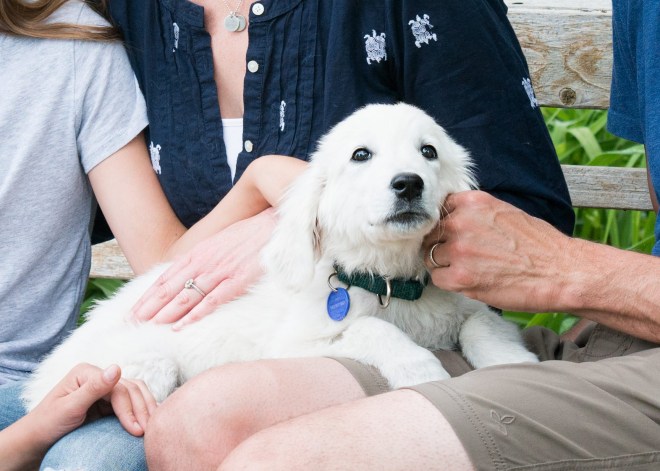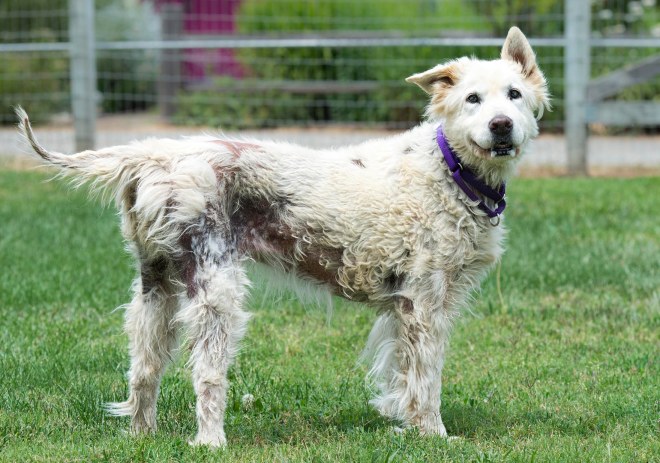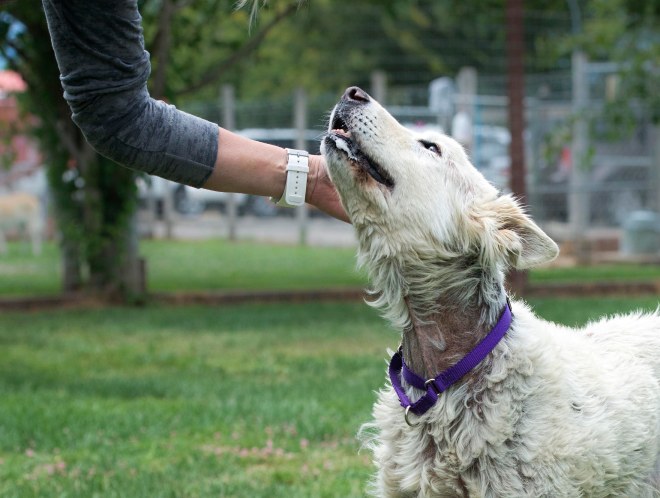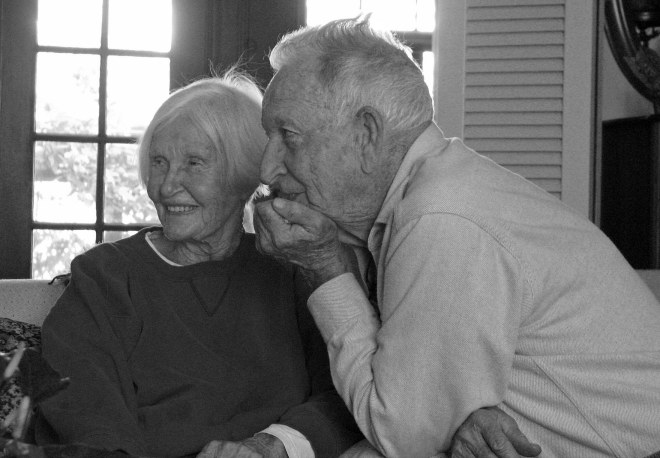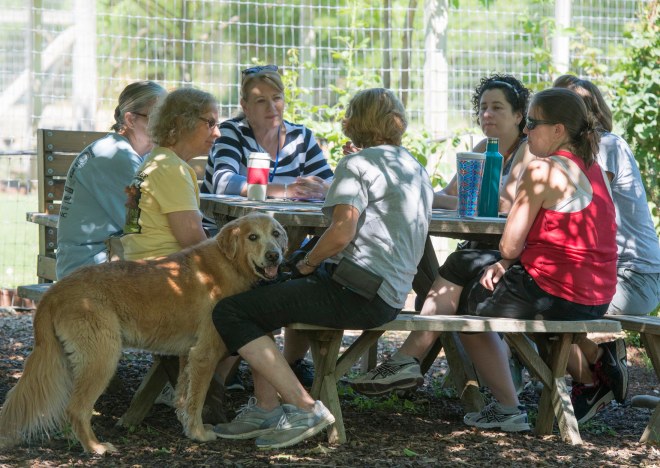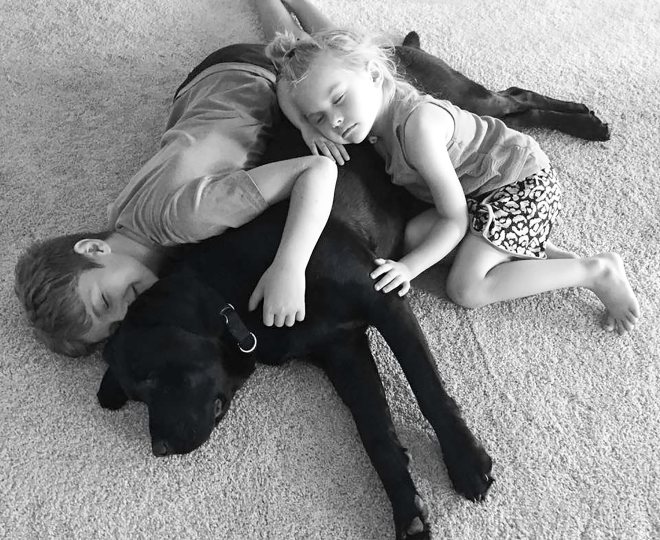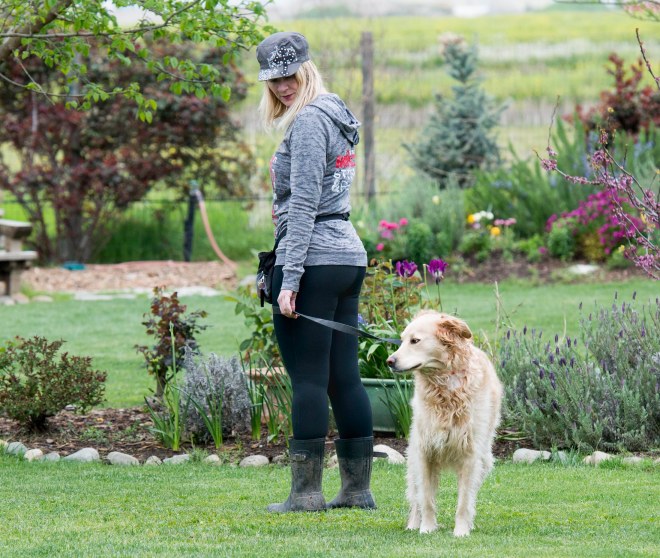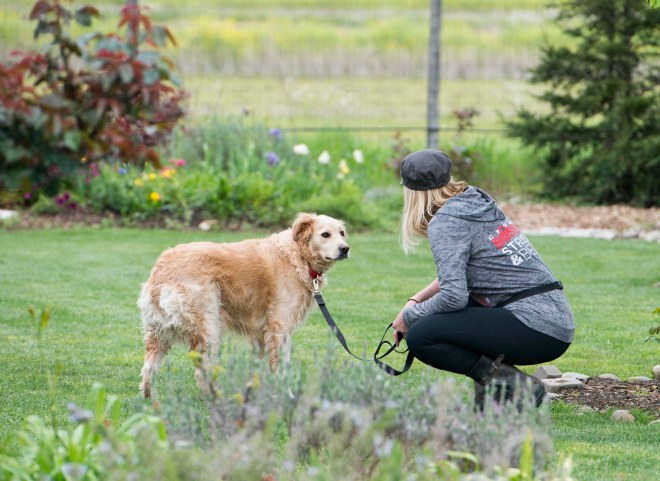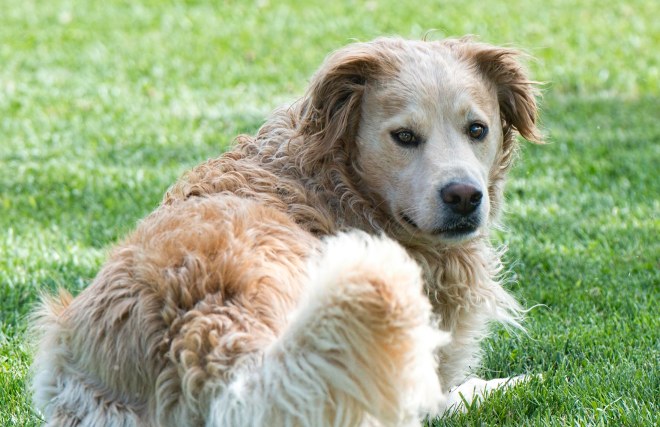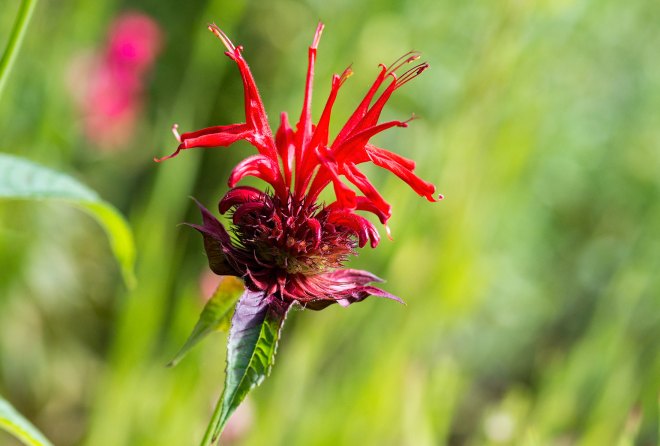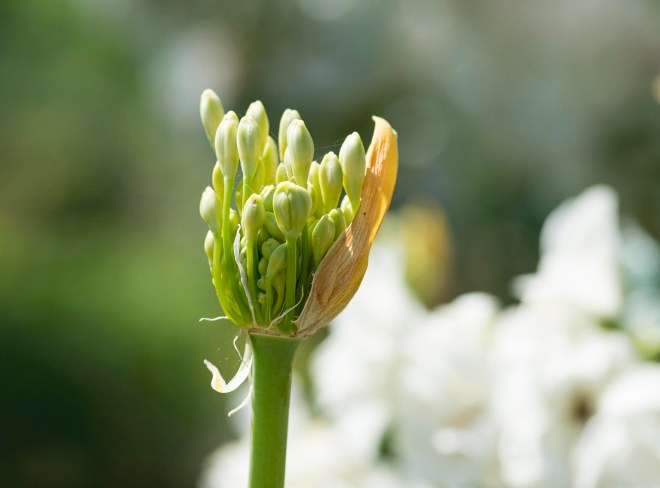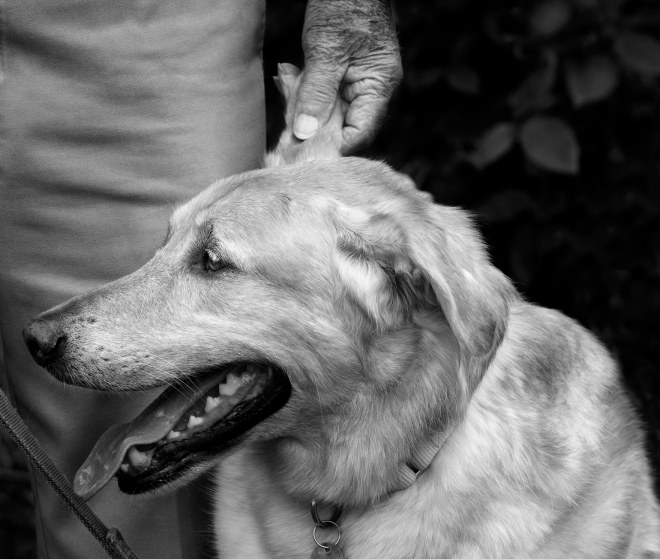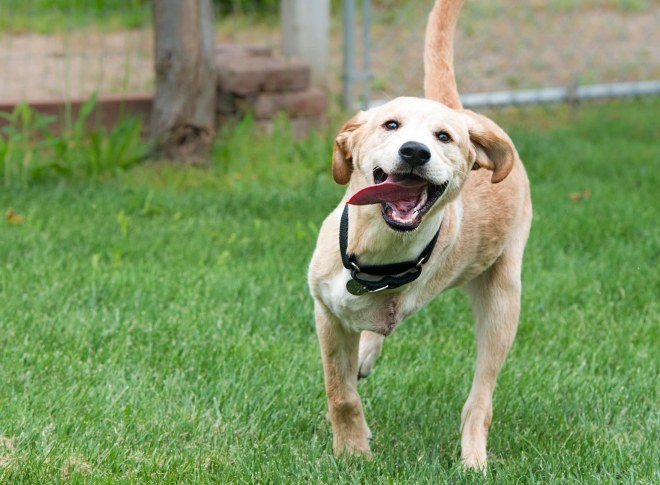Month: June 2017
The Butterfly Effect
Among those that tower in summer, it is the smallest things that capture our attention –
and our hearts.
They work to feed, but in the process, they help to pollinate.
Without them – there would be no flowers.
They are not our only tiny visitors. Recently, we hosted five four-month-old puppies – although to look at them, you would think they were perhaps half their age.
“Breeder” rejects (I use that term in quotes because no reputable breeder would recognize this person as such) – they arrived malnourished, unsocialized, without vaccinations, and covered in feces and fleas.
Unsold, they were left to fend for themselves. I shudder to think what their fate might have been.
A few weeks later, they were thriving, happy, loved and loving pups ready to go home.
But these tiny things have a job to do – with your help.
Let their story and near plight inspire you to help pollinate education, please. Share with all you know the horrors of puppy mill breeders. Spread the word about the simple ways to identify and choose a responsible breeder. Create a butterfly effect.
For those who absolutely have their hearts set on a puppy, help us put puppy mill breeders out of business by sharing and embracing these important steps. (For the downloadable brochure, visit here.)
Chose a responsible breeder who:
- Insists on meeting you and your family in person. This is the most important step you can take to make sure you’re getting a great puppy. Reputable breeders NEVER sell their beloved pups to strangers, pet stores, or over the internet.
- Raises the puppies in the home, not a kennel. They will happily invite you to see where the pup has been raised. They are clean, well-kept, and have appropriate room to exercise.
- Ask lots of questions about you, your family and how the puppy will be cared for and raised. They will also freely offer references.
- Happily and proudly introduces you to the parents of the puppies. By meeting the parents – or, at the very least – the mom – you will get a sneak peek of the adult your puppy will become. The dog parents are healthy and well-socialized and never bred at ages too young or too old.
- Socializes the puppies to people, places, and things.
- Has a veterinarian individually examine and vaccinate each puppy and has verifiable proof of this.
- Knows about the breed’s dispositions to certain genetic problems and has the dogs tested for them.
- Provides a pedigree prior to purchase so you can search the Orthopedic Foundation for Animals (OFA) database for health certificates.
- Has active associations with local and/or national breed clubs, breed activities, agility training, dog shows, etc. They show a real interest in the breed other than selling dogs and they abide by the breed club’s Code of Ethics.
- A reputable breeder is able to knowledgeably answer all of your questions – and welcomes them.
- Guarantees that they will take their pups back at any point in their lives – for any reason – demonstrating a lifelong commitment to the puppies and to you.
Take the time to find the right breeder – not just for your dog’s sake – but for the sake of the breeding dogs and future pups to come. If the breeder you find does not meet these standards, walk away. If you see something that warrants a welfare check, contact your local animal control. If everyone followed these guidelines, disreputable breeders would be out of business. The butterfly effect: Changing one thing can change everything.
We’re Melting!
Wordless Wednesday: Too Hot To Fly
Plant Flowers in Others’ Gardens
A daylily pops into the garden for but a single day. Collectively, they make a big impact, but individually, their time is fleeting.
Serving the bees briefly, they take their leave as the sun sets, as if to say “Hello. I’m here. My job was to be beautiful. Now, I bid you adieu..”
Brief as their stay is, it’s a valued contribution that adds to the whole.
Recently, someone who knows that I have worked and volunteered with different nonprofits asked me where she might also offer some time. With kids gone and an empty house, she felt her world getting smaller. She wanted to find an organization where she could contribute and become part of a “tribe” – forming a new, extended family – some place, people, and cause she could belong to.
“Service to others is the rent you pay for your room here on earth.” ~ Mohammed Ali
She wanted to do something meaningful – not menial – and to be part of a team. But the work had to fit into her life without feeling obligated. She had her job, her gym, her house, and yard. So maybe once a month – but no commitment.
I listened and smiled. There are many volunteer jobs where you can pop in here and there, including at Homeward Bound. Your contribution will be truly valued as a part of the whole – just as the daylily is. But don’t be surprised if you find yourself still searching for that depth of connection – your tribe.
It takes time to be taught – and to learn – a key role in a volunteer organization. Somehow, we have become so wrapped up in our individual lives that we have forgotten the power of showing up. Don’t expect a ‘here-and-there’ effort to have the same personal impact as things that develop over time.
Work you are invested in – and watch unfold – creates deeper ties and bonds.
Becoming part of something larger than yourself requires presence – and commitment. No matter the cause.
A coming together. Not because someone is holding you accountable. But because you have a love and passion for the work and the difference it makes.
The presence need not be physical; there are many key roles volunteers can assume from a distance or from home. But you are engaged – for the celebrations, frustrations, joys – and sorrows. You are a part of the magic that makes the impossible, possible.
When you give of yourself, you find that sense of purpose, and you discover yourself surrounded by others who share that passion. Before you know it, you have found your tribe.
“In giving you are throwing a bridge across the chasm of your solitude.” ~Antoine de Saint-Exupéry, The Wisdom of the Sands
Not everyone has time for a significant commitment. That’s OK. Give what you can. But to find what my acquaintance is missing, expect to give a little more. Trust me. You will be rewarded ten-fold.
“Plant flowers in others’ gardens and your life becomes a bouquet!” ~ Author Unknown
Wordless Wednesday: Enya
What A Service Dog Deserves
A garden gives us peace, tranquility –
a place to absorb our worries, allowing us to move forward.
In exchange for its service, it requires little:
some food for a strong foundation,
water for life,
a little structure,
and some support when needed.
A service dog requires no less.
In the news recently was a disturbing story of an “emotional support dog” that attacked a passenger on an airplane. The dog was apparently (illegally) seated on its handler’s lap, and assaulted the individual sitting in the adjacent seat as the plane pushed back for take-off.
It is a tragedy for all: the victim, the handler who fears the worst for his dog, and the dog who never should have been put in this position. It is also a tragedy for all properly trained and legitimate service dogs, and evidence of an increasing issue as more people turn to fake certificates to keep their untrained “service” or “support” dogs by their side.
In my last job, I experienced this first-hand. A “service dog” puppy whose vest was ordered online by a co-worker who just wanted his dog to come to work with him. And a mother of a severely autistic son scammed by a disreputable organization putting untrained dogs and their humans at great risk for financial gain.
Porsche is another example.
She was surrendered to us, fake certificate included, as a failed emotional support dog. Porsche was loved, but she was done a huge disservice.
Adopted at 3.5 months of age, she had clearly not been well-socialized. She was afraid of strangers and men in particular, was terrified of the leash, did not get along well with other dogs in her personal space, and probably spent the majority of her life in a cacooned existence.
Having developed her own anxieties, she was sent to “therapy” herself before being surrendered to us.
Porsche was never set up for success, failing even the most basic requirements of a service dog established by Assistance Dogs International.
Spring was just arriving as our team worked to get her to be comfortable being leashed, and to untuck her tail.
With summer around the corner, she is finally exhibiting some dog-like behaviors.
Porsche still has a ways to go, but inside this girl is a dog longing to be loved by someone willing to expand her world and show her the joy of being a true canine companion.
Today, she runs with exuberance,
attends carefully selected play groups, walks well on a leash, and – if you are one of her privileged few – comes just close enough to welcome a belly rub.
At a minimum, a service dog requires structure, training, and proper preventative health care.
But for their service and success, they deserve more: socialization for a strong foundation, respect for their ability to be a dog when not working, and our support when needed to be both emotionally and physically fulfilled.
For more information about the differences between service dogs, therapy dogs, and emotional support dogs and their requirements, you can visit here.
Think you might be interested in adopting Porsche? Visit here!
Wordless Wednesday: Bee Balm Ballet
The Truest Things
I had a friend I thought I would grow old with, but the friendship was false.
I had a title that I thought fit me until it did not.
I thought I knew the heart of my country – but lately, I am less sure.
Life unfolds in mysterious and unpredictable ways.
The truest things I know are found in what comes forward from the earth,
in the miracles of the natural world,
the connections of two souls adrift, and found –
in the innocence of a child,
deep in a dog’s eyes,
and in the wonder of joy restored. From this:
to this.
Eddie found his forever home this weekend.
“As change is the order of Nature,
And beauty springs from decay,
So in its destined season
The false for the true makes way.”
~Alice Carey, “The Time to Be”











